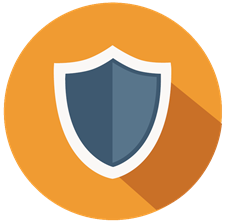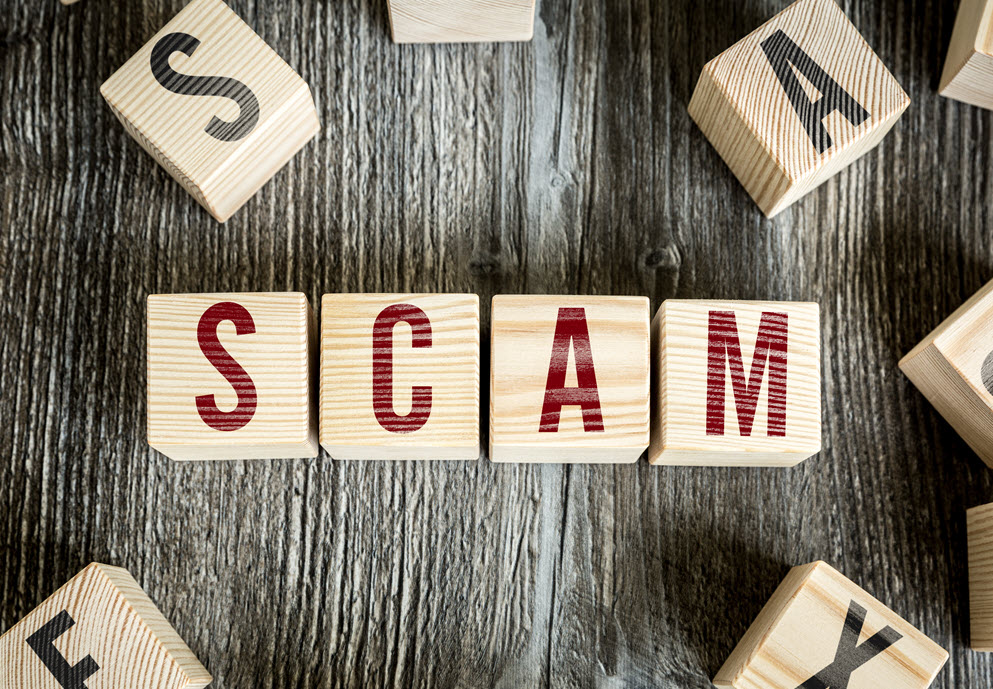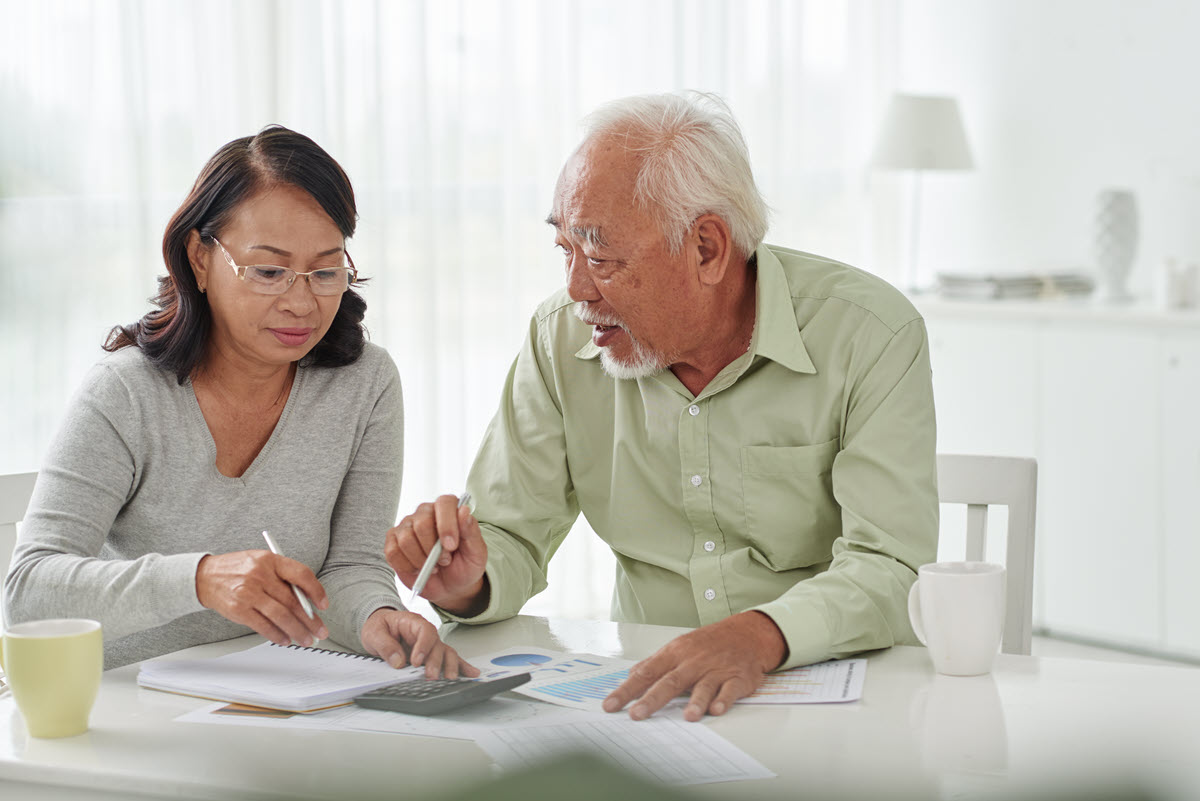WHAT IS ONLINE SECURITY
We live in a world of connected devices. This can be wonderful, but there are risks. Whenever you visit a website, social media or use an app, you are creating a ‘digital footprint’. The following areas are where your ‘digital footprint’ is created:
Businesses use your ‘digital footprint’ (data) to advertise products and services to you. Your ‘digital footprint’ and connected devices can leave you open to criminals who could steal your information. There are many different threats out there and many ways to protect yourself.
different types of threats
PHISHING – Phishing is usually a two-part scam involving email and spoof websites. Fraudsters, also known as phishers, send email to a wide audience that appears to come from a reputable company. This is known as a phish email. In the phish email are links to websites that spoof or imitate a reputable company’s websites.
Fraudsters hope to convince victims to give up their personal information by using clever and compelling language, such as an urgent need for you to update your information immediately. Once obtained, personal information can be used to steal money, or transfer stolen money into a different account.
SKIMMING – Skimming is a form of financial fraud where criminals copy the magnetic stripe encoding from your credit card using a hand-held device called a skimmer, which resembles an ATM keyboard. Each skimmer can hold data from hundreds of different credit cards.
Once your credit card has been swiped through the device, the thief has the information needed to make a counterfeit card. Thieves often sell the data to other people, which can be downloaded into a computer and emailed anywhere around the world and is used to make counterfeit credit cards.
HACKING – Hacking is when a person or computer program breaks into a computer or network without permission. The hacker or program then uses the access to take control of the computer or network to commit crimes.
MALWARE – Malware is short for Malicious Software. Malware is a software that is created break into a service or network and take it down or steal information. Examples of malware include:
AREAS TO PROTECT
There are areas where you can protect yourself online. In the era of IoT (Internet of Things), there are thousands of devices that are connected to the internet. They may seem innocent, but some of them can be hacked or used as a backdoor entrance into your wifi and other devices. Below are some of the places where criminals can hack your devices and information.
COMPUTERS AND MOBILE PHONES
Computers are a common device hackers try to exploit. Criminals will use emails, text and tracking tools to break into your device. Watch out for
PASSWORDS
Criminals can access your accounts if they get your passwords. Making passwords with a mix of letters, numbers, symbols is a good way to avoid having your information stolen. Be sure to hide your passwords in a safe place if you write them down. Or if you store them electronically, make sure the document is password protected.
HOME ‘SMART’ DEVICES
From Security Cameras to Smart TVs to Home Assistants and Refrigerators, criminals and hackers can access information based on what you share with the device. Be careful with the information you share as criminals can use it to create accounts or steal your information.

WHAT YOU CAN DO
Fortunately, there are things you can do to protect yourself. Here are some examples of what you can do to protect yourself online.


